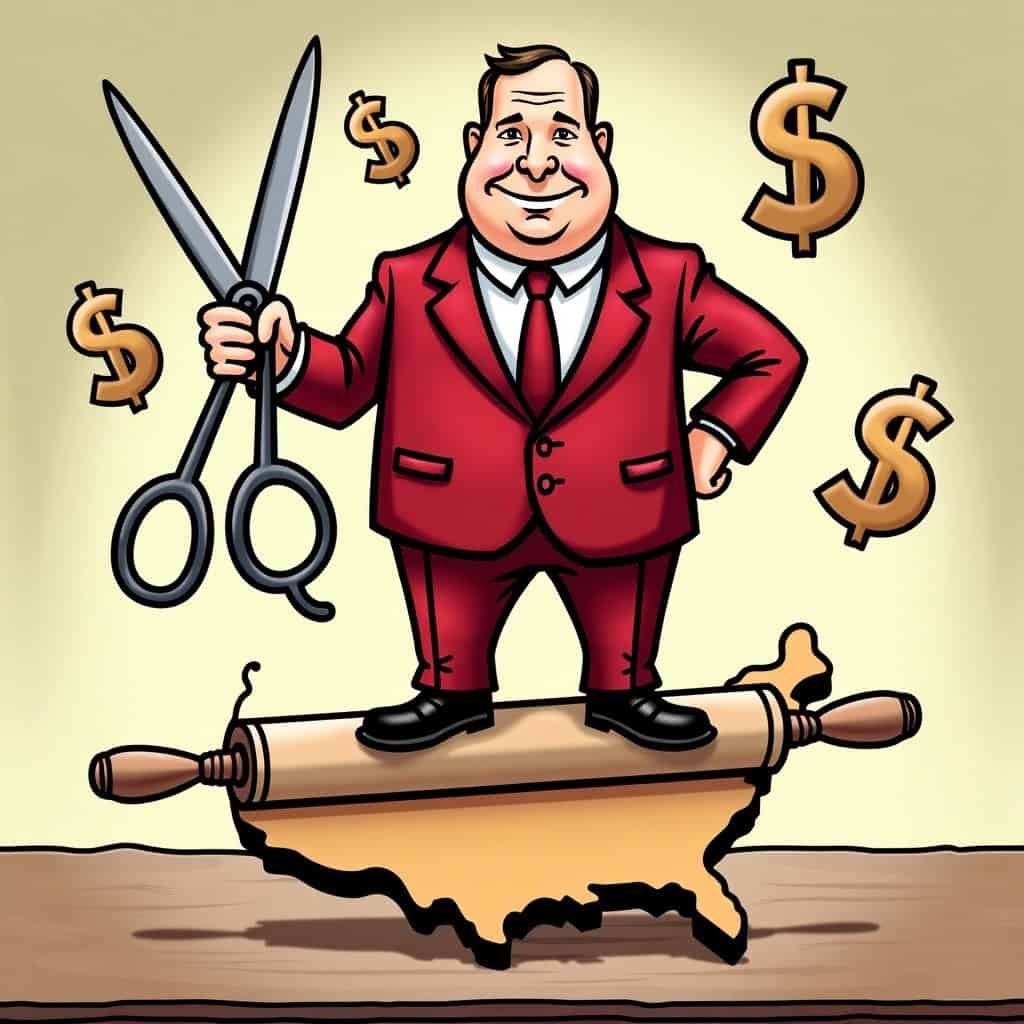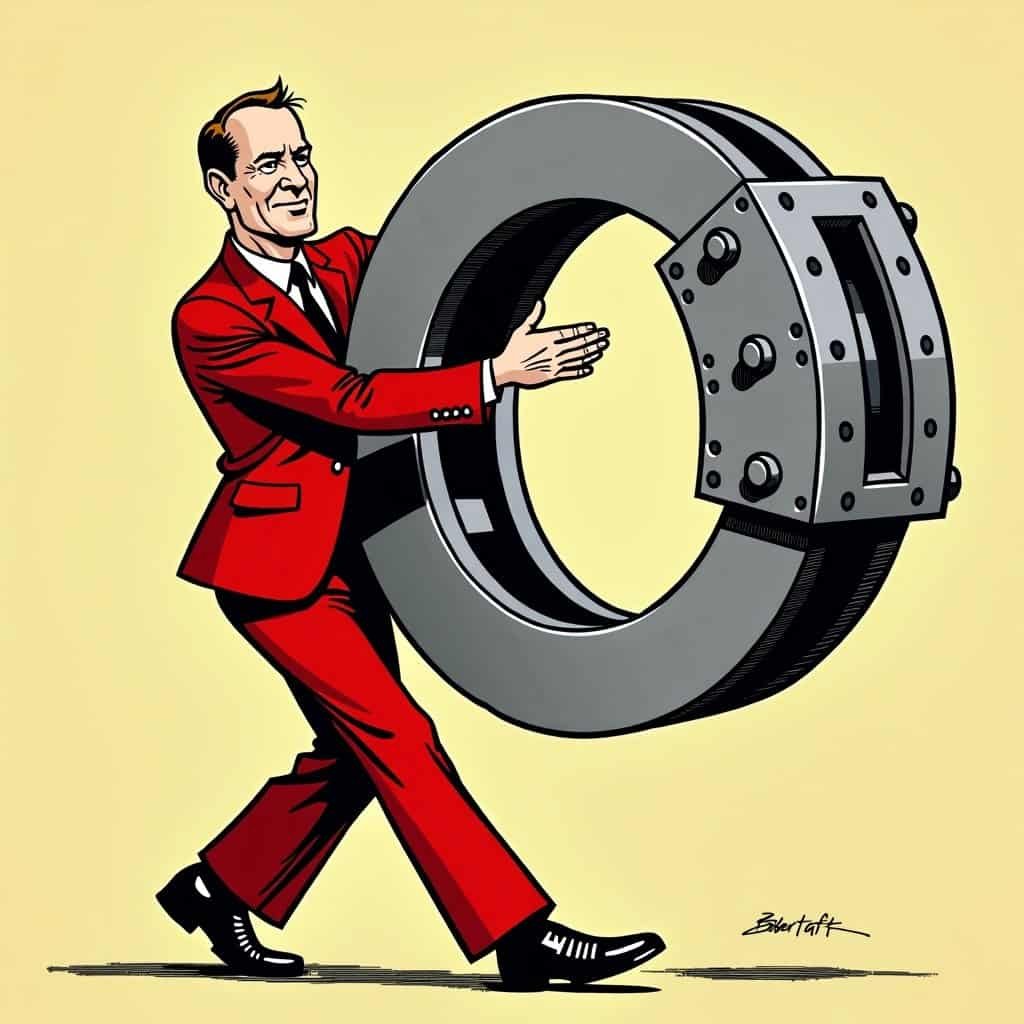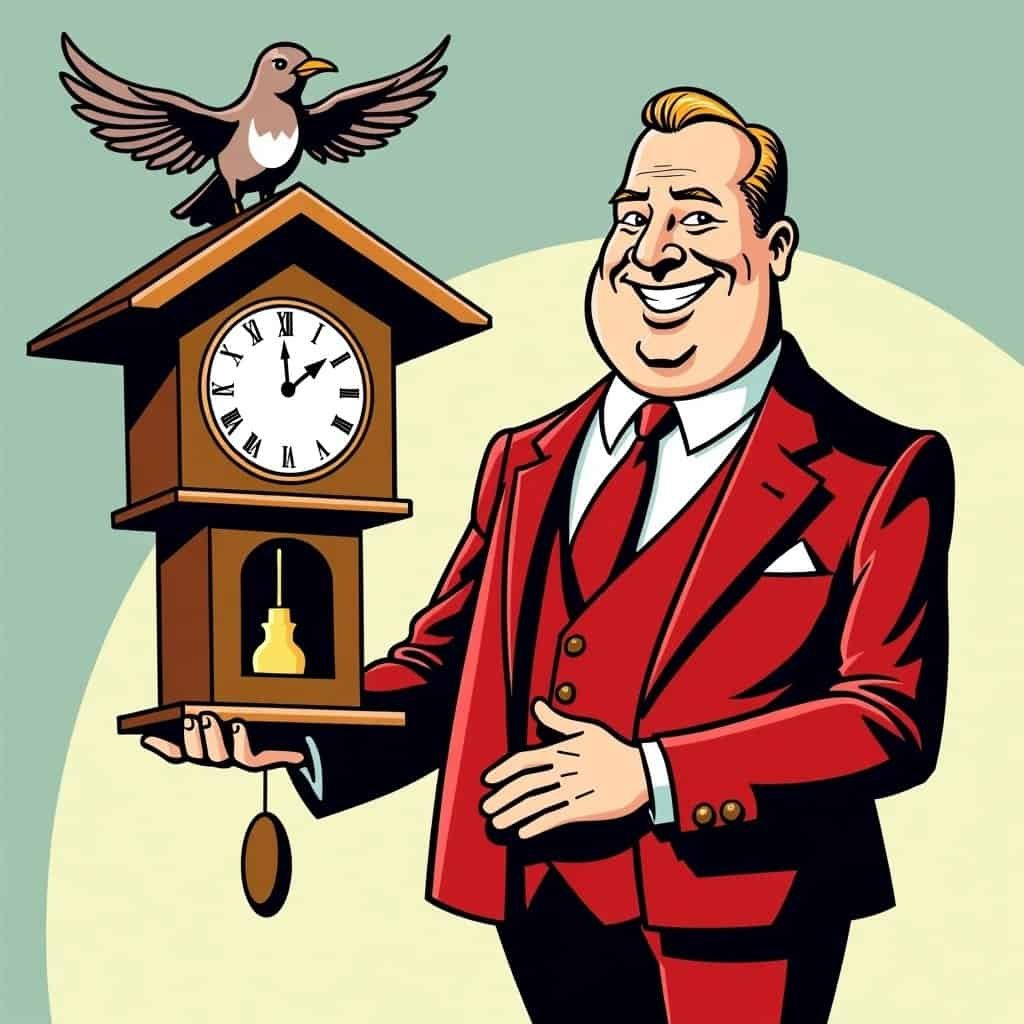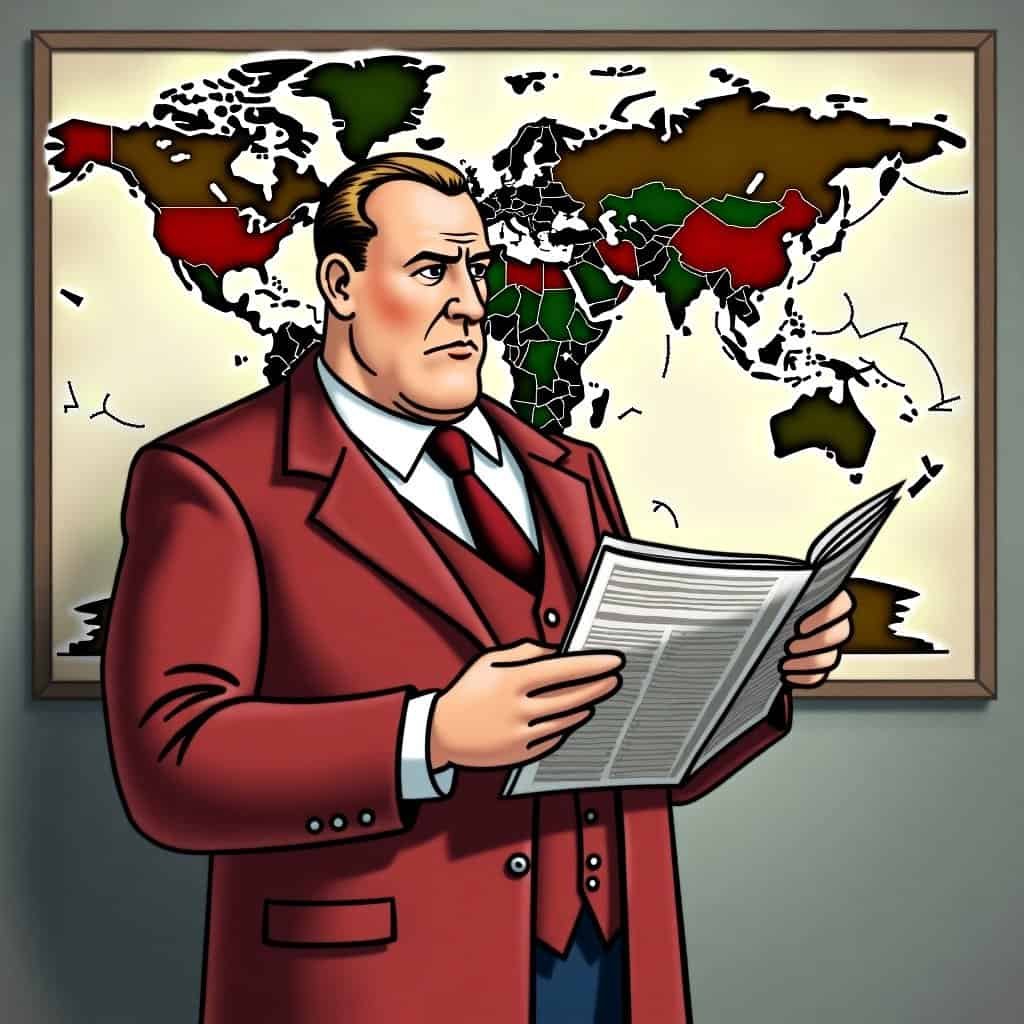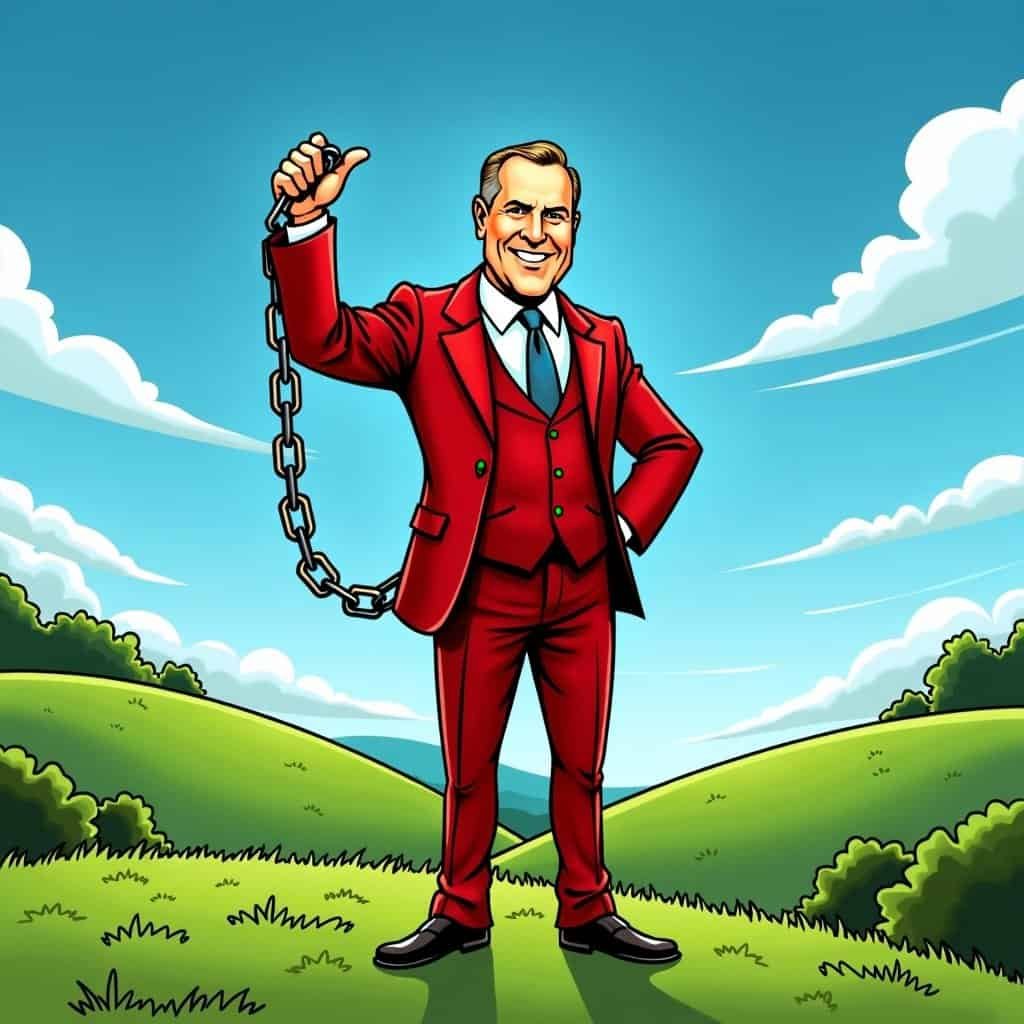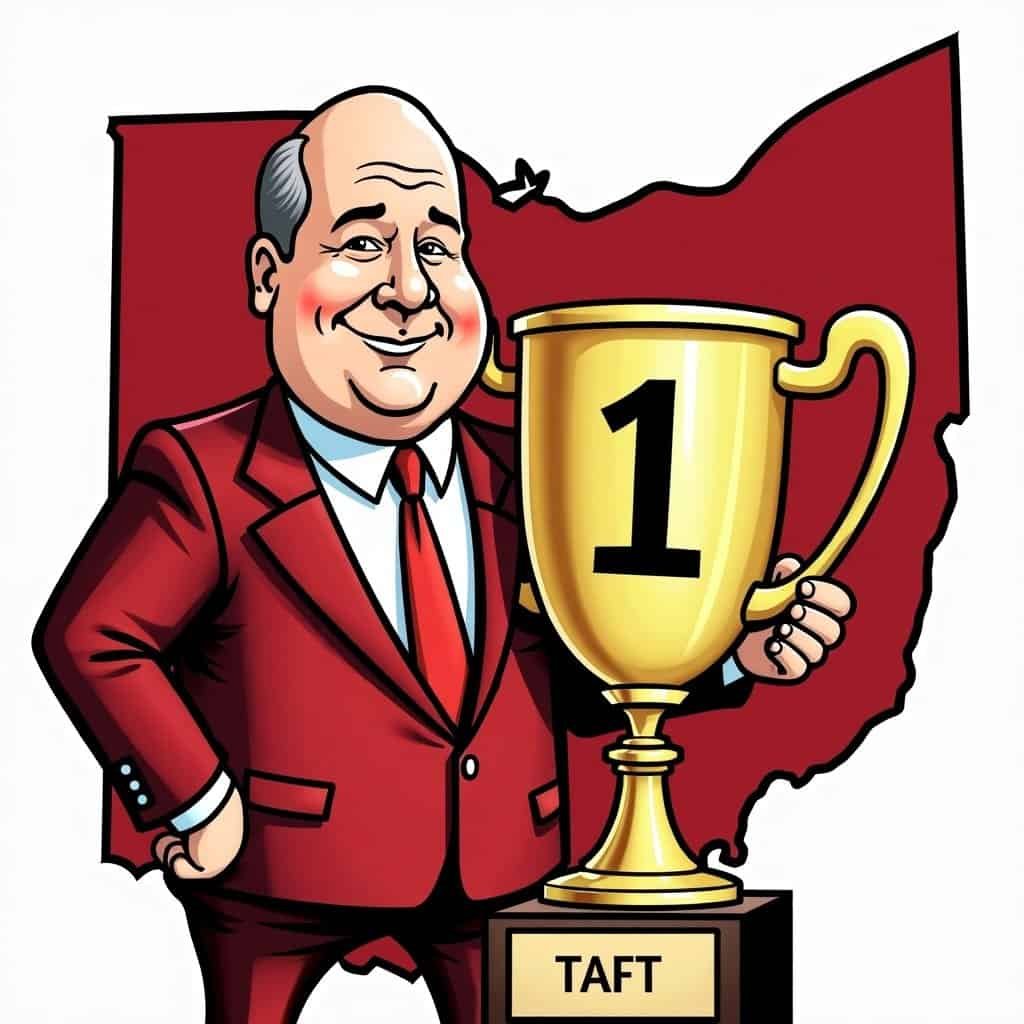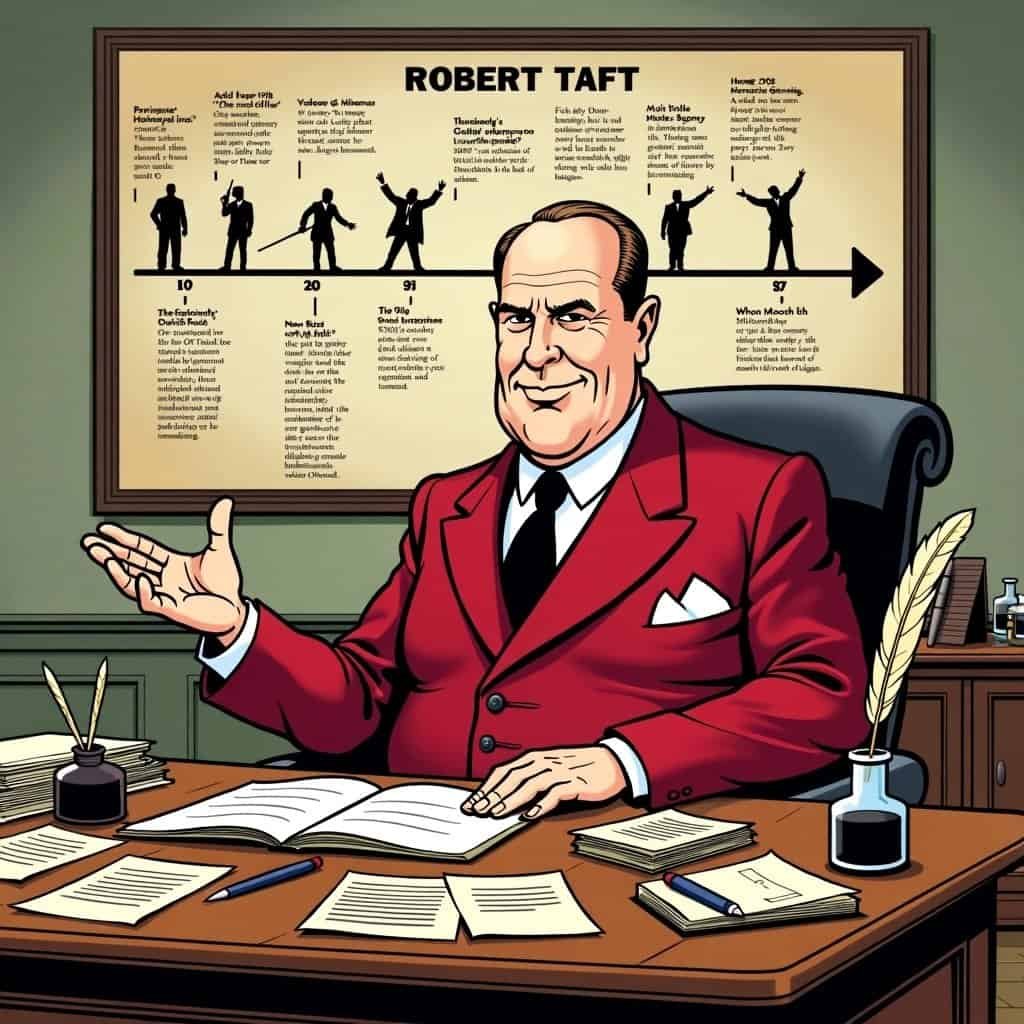Ah, Robert Taft, the man who could spot a welfare state from a mile away and probably ran the other way, faster than a Republican in a tofu factory. Known fondly as “Mr. Republican,” Taft was no stranger to the political stage. If you ever wondered about the lineage of anti-welfare sentiments, Robert Taft might just be your political ancestor, long before your uncle started grumbling about “those darn taxes” over Thanksgiving dinner.
Picture 1940s America, a place buzzing with post-World War II growth. The plans for the social safety net were being knitted tighter than grandma’s Christmas sweater. However, Taft, with his sharp eye on government affairs, thought these threads were tying the public in a bind of dependency rather than freedom. His fight against the welfare state embodied the Republican spirit of self-reliance, a conservative value as cherished as apple pie, albeit a pie that doesn’t ask for handouts.
Taft’s Stance on Limited Government
Taft’s position was based on a traditional conservative belief that the government shouldn’t play nanny in the nation’s nursery. Oh yes, Taft took a firm stand, planting his political flag on the hill of limited government intervention—a principle as steady as a rock, or a rock-hard slice of New Hampshire granite, if you will.
Taft’s Key Beliefs
- Limited government intervention
- Personal responsibility
- Self-reliance
- Frugal government spending
Here’s the kicker—Taft never hesitated to draw a line in the sand when it came to welfare programs. He believed that too much government involvement would smother the very spirit of innovation and personal responsibility that powered the American Dream. His critics pointed at him, shocked, saying he was trying to turn back the clock on social progress. But Taft, cool as a cucumber, simply said that personal responsibility was the foundation on which liberty should stand. Laws and policy shouldn’t turn the strong American into a dependent child, waiting for Uncle Sam’s allowance.
Taft’s Relevance in Today’s Political Landscape
In today’s political scene, Taft could probably show up to modern party debates and, after tripping over a podium or two, still claim victory in the contest for conservative hearts. After all, he championed frugal government spending and letting hard-working folks keep more of their earned dollars, not filtered through a sprawling government system. He warned that an ever-growing welfare state would be a slippery slope, leading citizens away from empowerment.
Boy, would Taft have something to say about today’s economic talk! Whenever policies that smell even slightly of socialism come into view, one might imagine Taft raising an eyebrow, as if to say, “We’ve been down this road before, haven’t we?” with all the wisdom of a white-haired philosopher, albeit one wearing a red tie.
Taft in the Age of Social Media
Unlike his time, where the radio ruled, Taft might now live out his public life under a barrage of social media jokes insisting conservativism is outdated. However, you can bet Taft wouldn’t lose sleep scrolling through tweets at 2 a.m. The original Mr. Republican might calmly argue that he had foresight, not just hindsight. With today’s progressive push for extensive welfare, one might very well ask, “What would Taft make of this?” Probably a strong cup of coffee to go along with a lively debate, sprinkled with his characteristic charm and unmatched politeness.
Taft’s Hypothetical Response to Modern Welfare
- Emphasize personal responsibility
- Advocate for limited government intervention
- Promote self-reliance and innovation
- Warn against dependency on government programs
To wrap up this imaginary chat, Taft would likely stress individual effort and personal accountability as the pillars of true prosperity. Conservatives might very well see him as a visionary who brought liberty—not as a gift wrapped in government subsidies, but as the freedom to chase one’s own American Dream without a hitch. Now, who can argue with that without feeling a bit nostalgic, thinking back to the good ol’ times when small government was seen as good governance?
Table of Contents
- Taft’s Stance on Limited Government
- Taft’s Relevance in Today’s Political Landscape
- Taft in the Age of Social Media
